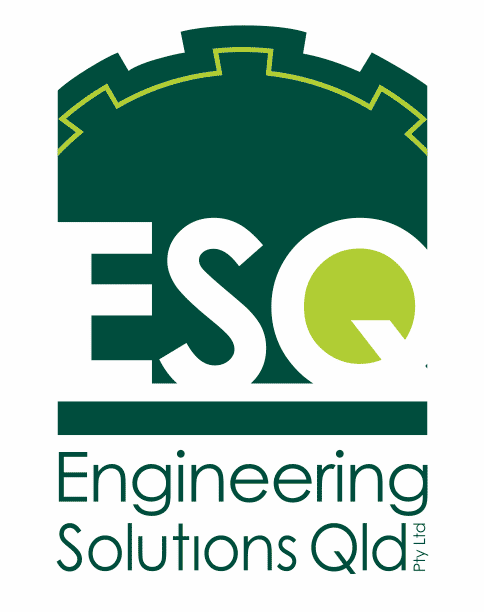What is an Infrastructure Agreement (IA)?
An Infrastructure Agreement is a contractual agreement between Council and a developer or landowner to establish obligations and entitlements for each party.
Basically, an IA is a standard document templated by the State and Infrastructure charges are fixed by local Council.
Many developers don’t have a clear understanding of
- the legislation requirements for Infrastructure credits,
- whether credits may be applied to their particular project,
- how to apply for infrastructure credits,
- how to convert infrastructure costs to Trunk Infrastructure,
- how to successfully gain approval for the credits from Council, and
- the impact of Infrastructure Incentive Policies on cash flow.
When can you apply for Infrastructure credits?
If it’s not an item of infrastructure that’s in the Local Government Infrastructure Plan, you can apply to have it converted into Infrastructure that’s able to have credits offset against it.
There are 4 or 5 points in the legislation that determine whether the Infrastructure is Trunk Infrastructure or not. The main one is whether the infrastructure will be of benefit to others, other developments or other areas, by that single developer building it. For example if a developer is building a road through his development that’s actually going to join up to other roads that are going to help others, there’s probably a fair chance you could have the cost of that road converted into Trunk Infrastructure and seek the credits from council.
How to apply for Infrastructure credits
There is an application process through local council, to have the cost of infrastructure converted into Trunk and to gain credits.
If successful, council will credit the cost of the infrastructure e.g. a road, against the Infrastructure charges that you need to pay.
This application is best done once you have gained a DA with conditions outlining council’s requirements, which you can assess based on whether you believe these to be your responsibility or whether the infrastructure is trunk. The cost of that Infrastructure gets offset against the total charges that you need to pay before you get your plan sealed.
For example, if your Infrastructure charges are $1 million and you are conditioned to build a water main that’s deemed Trunk, and it costs $200,000, you’d only pay $800,000 in Infrastructure charges rather than $1 million, as the $200,000 is offset against the total infrastructure charges payable to council.
What is the cost of the application and how long does it take?
There is no application fee, the only cost is what you pay your consultant to prepare and lodge the application. Processing time varies but can take months to gain approval.
How does this affect my cashflow?
The developer is still the ‘banker’ for the construction of the infrastructure but at the end of the project you would pay less infrastructure charges than you would otherwise have done.
The Infrastructure charges credit includes not only the construction cost but everything that’s attached to delivering that piece of Infrastructure e.g. survey, geotechnical testing, engineering design, engineering supervision, certification etc
Is there value in engaging a consultant to manage the process?
There’s definitely value in engaging a consultant who has experience and has had success in achieving the infrastructure credits for clients. The consultant should have an in-depth knowledge and understanding of the relevant legislation. Based on this knowledge, he will advise when credits can be claimed and have the ability to negotiate with council to get what’s fairly yours and save you money on your project. This adds straight onto your profit!
Can you explain Infrastructure charges?
The State Government has legislation that fixes Infrastructure charges for residential lots at $28,000 a lot, maximum.
Every local government has the opportunity to charge the maximum amount… or they can charge less. They can also offer incentives on Infrastructure charges to encourage development in their region or certain areas of their region.
In the Fraser Coast Region infrastructure charges are as follows:
$22,800 for a 3 bedroom dwelling is standard charge
$16,500 for a 2 bedroom one is less
$12,000 for a 1 bedroom charge is less again
Same calculation as for multiple units.
These charges are non-negotiable so that there’s no preferential treatment towards one developer over another.
What about duplex or dual occupancy dwellings?
For dual occupancy you pay two lots of full Infrastructure charges of $22,800 (Fraser Coast Regional Council charge). One charge for each dwelling. When you get the title on the block you will be charged $22,800 for the block. When you put a second house on the block, you pay another $22,800 for the second house. The number of bedrooms in each makes no difference because you are paying for two complete houses on one block.
If you wish to construct dual occupancy dwellings or duplexes, the development approval will condition you to pay the second lot of Infrastructure charges when the second dwelling is built.
Does council provide incentives for the payment of infrastructure charges?
All councils are different. The Fraser Coast Regional Council offers an Infrastructure incentive policy which reduces the upfront costs of development by delaying the payment of infrastructure charges for a period of two years, of issuance of title or until the lots created are “on sold”, whichever is the sooner. The applicant must enter into an Infrastructure Agreement with Council prior to the sealing of the survey plan for reconfiguring a lot.
Most importantly, this means the developer doesn’t have to fund the Infrastructure charges and there’s no financing required for that component of the cost. When the land is titled, the Infrastructure charges will be attached to the rates.
So, when the settlement of the sale occurs from the developer to a third party, a rates search will show that there’s Infrastructure charges due on the land and the charges will be paid to council at the time of settlement, as normal rates would.
Whether you are looking for a potential development opportunity, or you have an existing property that you are considering developing, Engineering Solutions Qld has a service strategy to suit your project needs. Whether it is a small residential, commercial, industrial or a large-scale land subdivision, we have the knowledge and expertise in consulting engineering and project management to guide you through your development journey.

